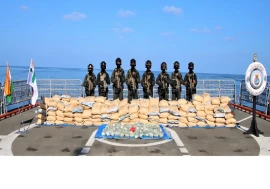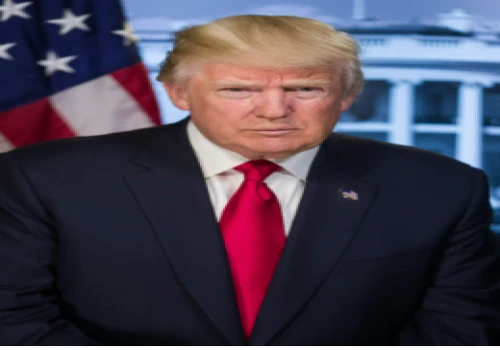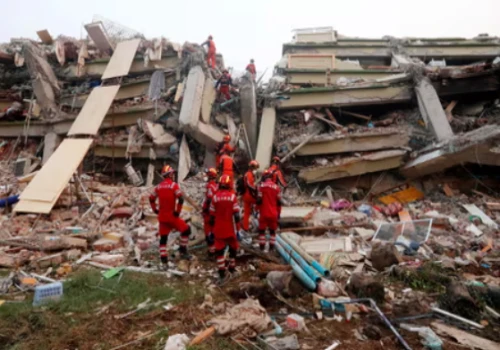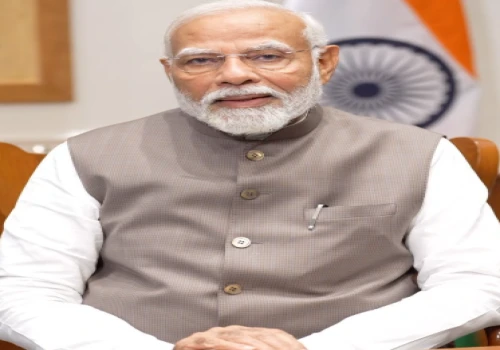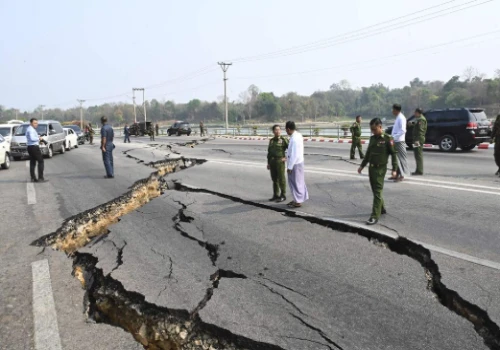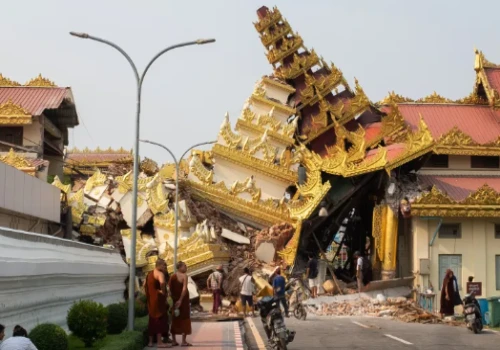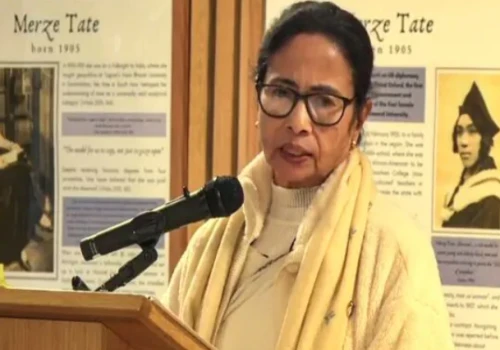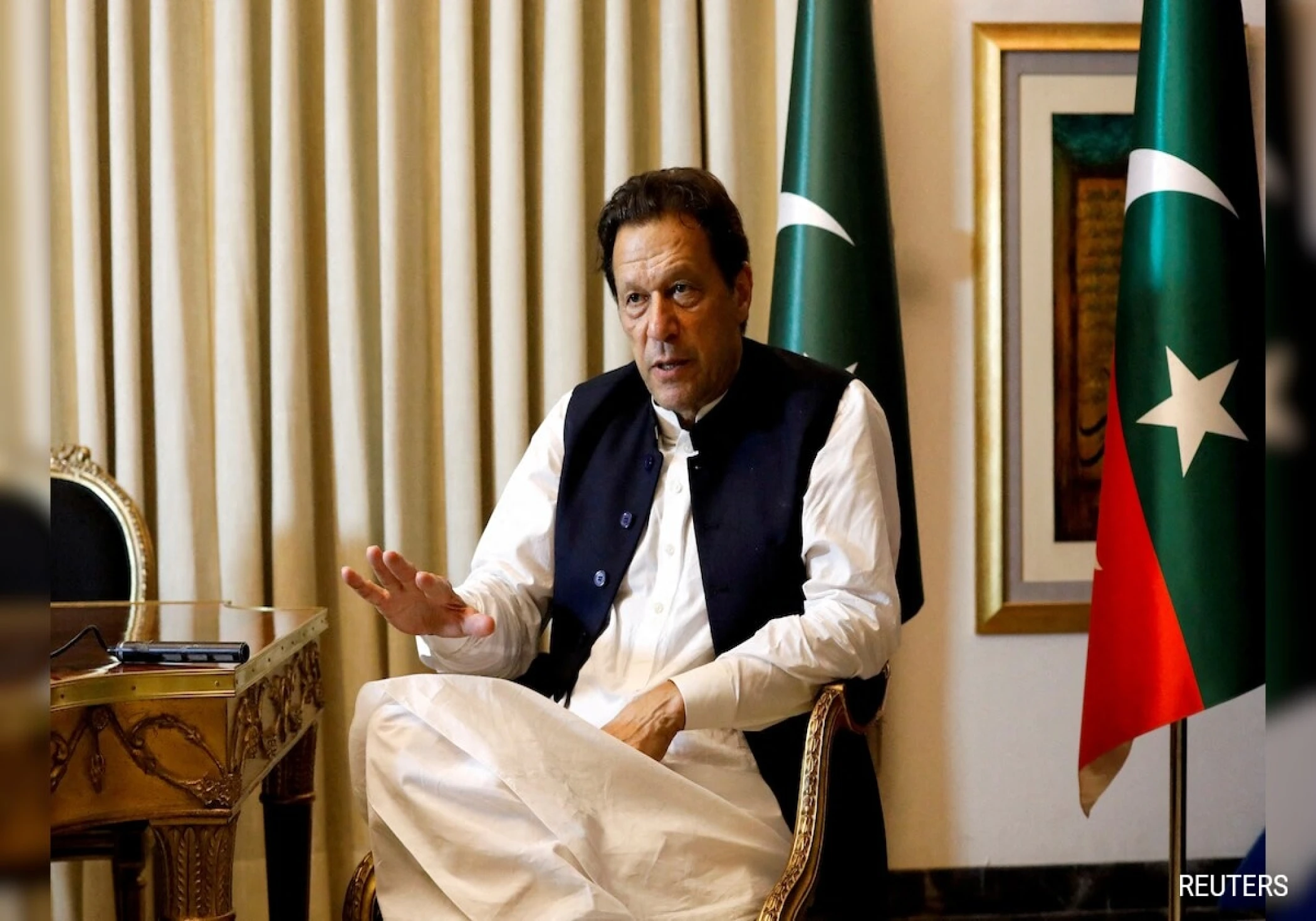
In a recent development that has captured national and international attention, the Pakistani government has submitted detailed reports and photographs documenting the life of former Prime Minister Imran Khan in jail. These submissions were made in response to a court order, aiming to provide transparency regarding the conditions of Khan's detention.
Context of Imran Khan's Arrest
Imran Khan, the charismatic leader of the Pakistan Tehreek-e-Insaf (PTI) party, was arrested in connection with several legal cases ranging from corruption charges to allegations of inciting violence. His arrest has been a significant political event, leading to widespread protests and a polarized public opinion in Pakistan.
Conditions in Detention
The detailed report includes a comprehensive overview of Khan's living conditions. According to the submission, Khan is being held in a high-security cell equipped with basic amenities. Photographs reveal a clean and modestly furnished space, including a bed, a small table, and a chair. The cell is well-ventilated, with natural light filtering in through a window.
Authorities have stated that Khan's health is being closely monitored. Regular medical check-ups are conducted to ensure his well-being, and he has access to necessary medical facilities. The report highlights that Khan is provided with meals that meet nutritional standards, and special dietary requirements are accommodated.
Legal and Human Rights Perspectives
The government’s decision to submit these details comes amid criticism from human rights organizations and PTI supporters, who have raised concerns about the treatment of Khan in custody. By making this information public, the government aims to counter allegations of mistreatment and demonstrate adherence to legal and humanitarian standards.
Legal experts are closely watching how the conditions of Khan’s detention are being handled, noting that the transparency shown in this case could set a precedent for the treatment of high-profile detainees in Pakistan. The submission to the court includes affidavits from jail officials and medical staff, attesting to the efforts made to ensure Khan's safety and health.
Political Repercussions
Imran Khan's imprisonment has deepened political divisions in Pakistan. PTI supporters view the charges against him as politically motivated, a claim that the current government vehemently denies. The public release of Khan’s jail conditions has only intensified the debate, with his supporters arguing that the focus should be on the legitimacy of the charges rather than the conditions of his confinement.
The situation remains fluid, with potential implications for the upcoming elections. Khan’s legal team is preparing to challenge his detention, arguing for his release on bail. Meanwhile, the government is under pressure to maintain law and order while ensuring that due process is followed.
Conclusion
The submission of details and photographs of Imran Khan’s life in jail marks a significant moment in Pakistan's legal and political landscape. As the country navigates through this turbulent period, the transparency shown by the government might play a crucial role in shaping public perception and maintaining judicial integrity. However, the ultimate resolution of Khan's case will likely have far-reaching consequences for Pakistan's political future.

